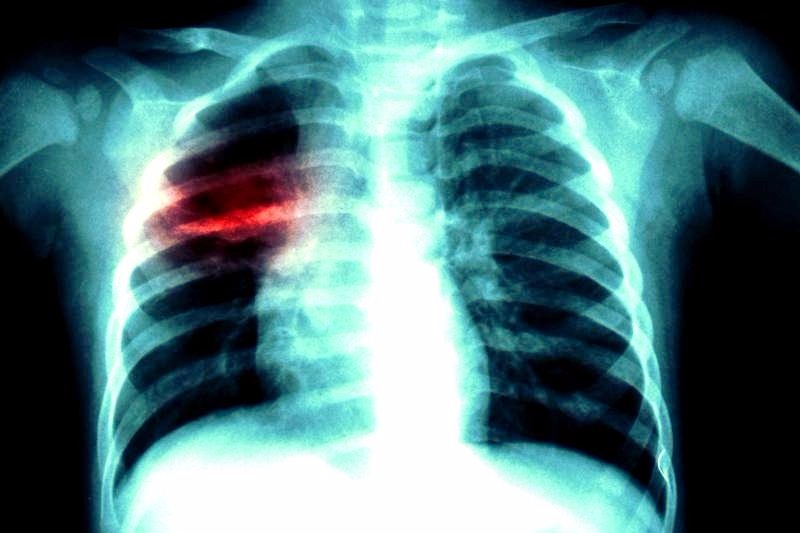by Kiwiana Ngabung – EMTV Online, Port Moresby
We might have heard about it or maybe a close relative had it. Some of us probably have little to a fair amount of knowledge about it. But what are we doing to prevent this curable disease from killing thousands if not millions of our people?
In a recently published report, the World Health Organization (WHO) states that tuberculosis or TB, as it is commonly known, is the leading infectious killer in 2016 and is the ninth leading cause of death worldwide.
Global Tuberculosis Report 2017 finds that there is an estimated 10.4 million new TB cases worldwide in 2016 alone; of this 10% were infected with HIV, and an estimated 1.7 million people died from a TB-related case.
Seven countries are accounted for more than half of this epidemic, India being the first, followed by Indonesia, China, Philippines, Pakistan, Nigeria and South Africa.
Unfortunately, Papua New Guinea is listed as one of the 30 high TB burden countries, and this includes HIV-associated TB as well as multidrug-resistant TB. It states that there were 40 or more TB deaths per 100,000 population in five high TB burden Asian countries – PNG included.
According to a media statement by West New Britain Provincial Health Authority Board Chairman, Dr Mathias Sapuri, the number of TB cases in the country has risen over the years. And unfortunately, there are indications that all TB patients were not properly diagnosed as per the national standard.
In Papua New Guinea, a few factors that hinder the battle against this public health crisis are the lack of infrastructure and consumables, TB health workers, treatment supporters and lack of awareness.
The Global TB Report states that the under-reporting of detected TB cases is relatively high for countries that lack policies on mandatory notification, and other measures to ensure that proper reporting be carried out by all care providers and large private health sectors.
And an under-diagnosis of people with TB can be due to financial constraints, poor geographical access to health care, limited symptoms that delay an individual’s seeking of health care, or diagnostic tests that are not specific or sensitive enough to accurately identify cases.
One thing is for sure, there is more that needs to be done to lower the number of TB cases worldwide – collaborative and cooperative efforts to end the pandemic.
“The sheer numbers of deaths and suffering speak for themselves – we are not accelerating fast enough,” said Dr Mario Raviglione, Director of the WHO Global TB Programme.
“Prompt action towards universal health coverage and social protection, as well as breakthroughs in research and innovations – will be critical to enable access to patient-centred care of the highest standards for all, especially the poorest, most disadvantaged people everywhere.”
Efforts to fight the disease have reduced the TB mortality rate by 37% and saved an estimated 53 million lives since 2000.
There are now other organisations and foundations that are working to combat TB in Papua New Guinea, like World Vision, Oil Search Foundation, AusAid and USAid, World Vision and many more.
These are the kinds of collaborative partnerships needed to assist PNG in ending TB in the country.


